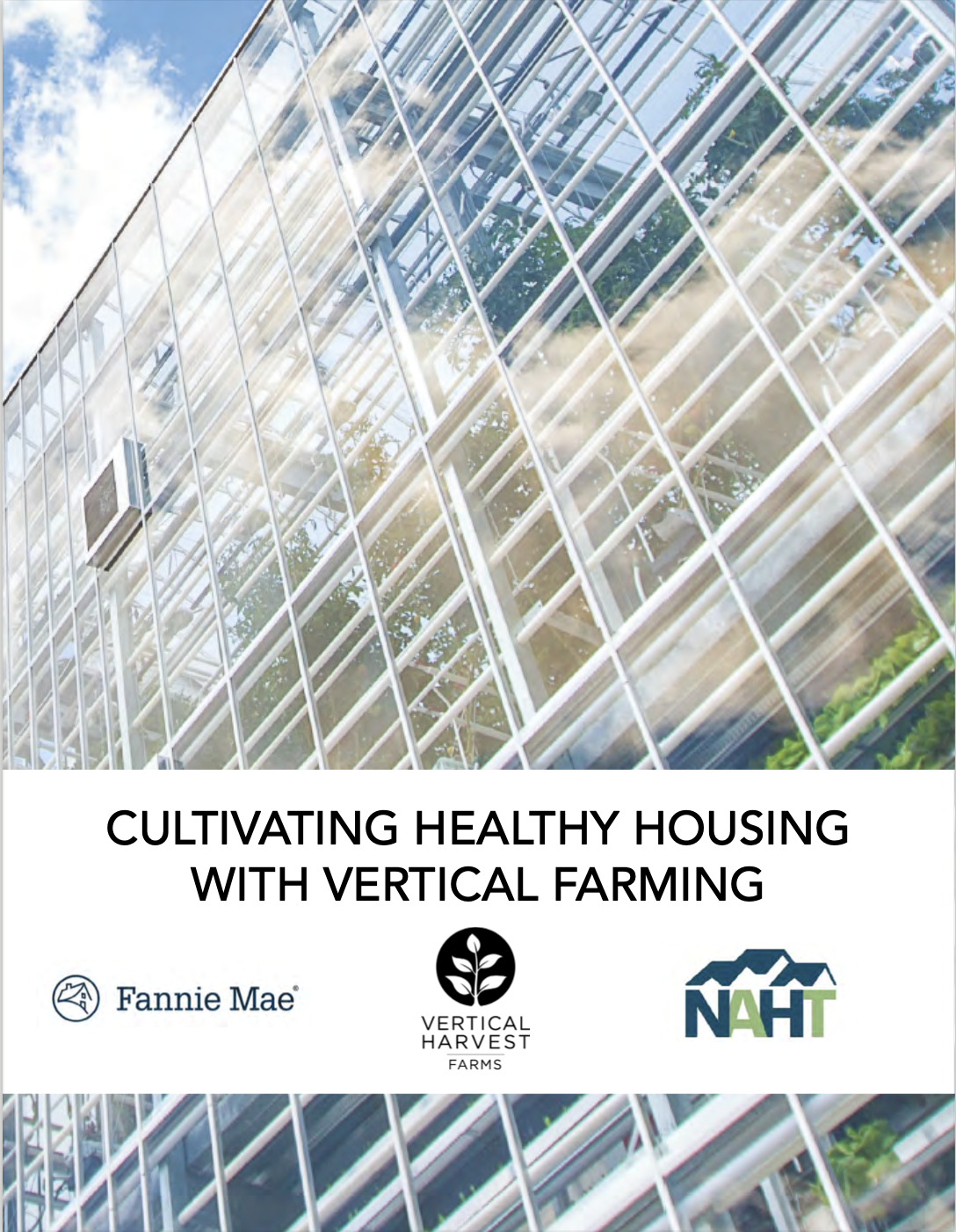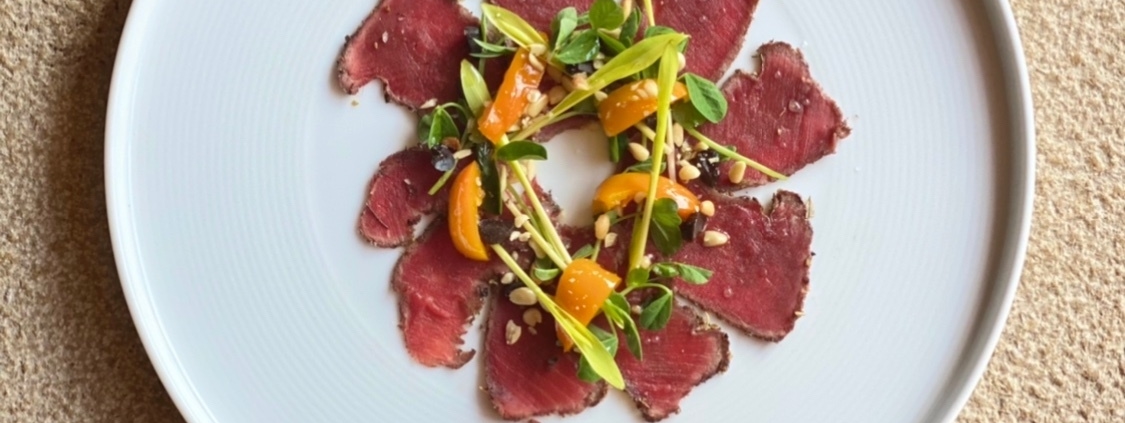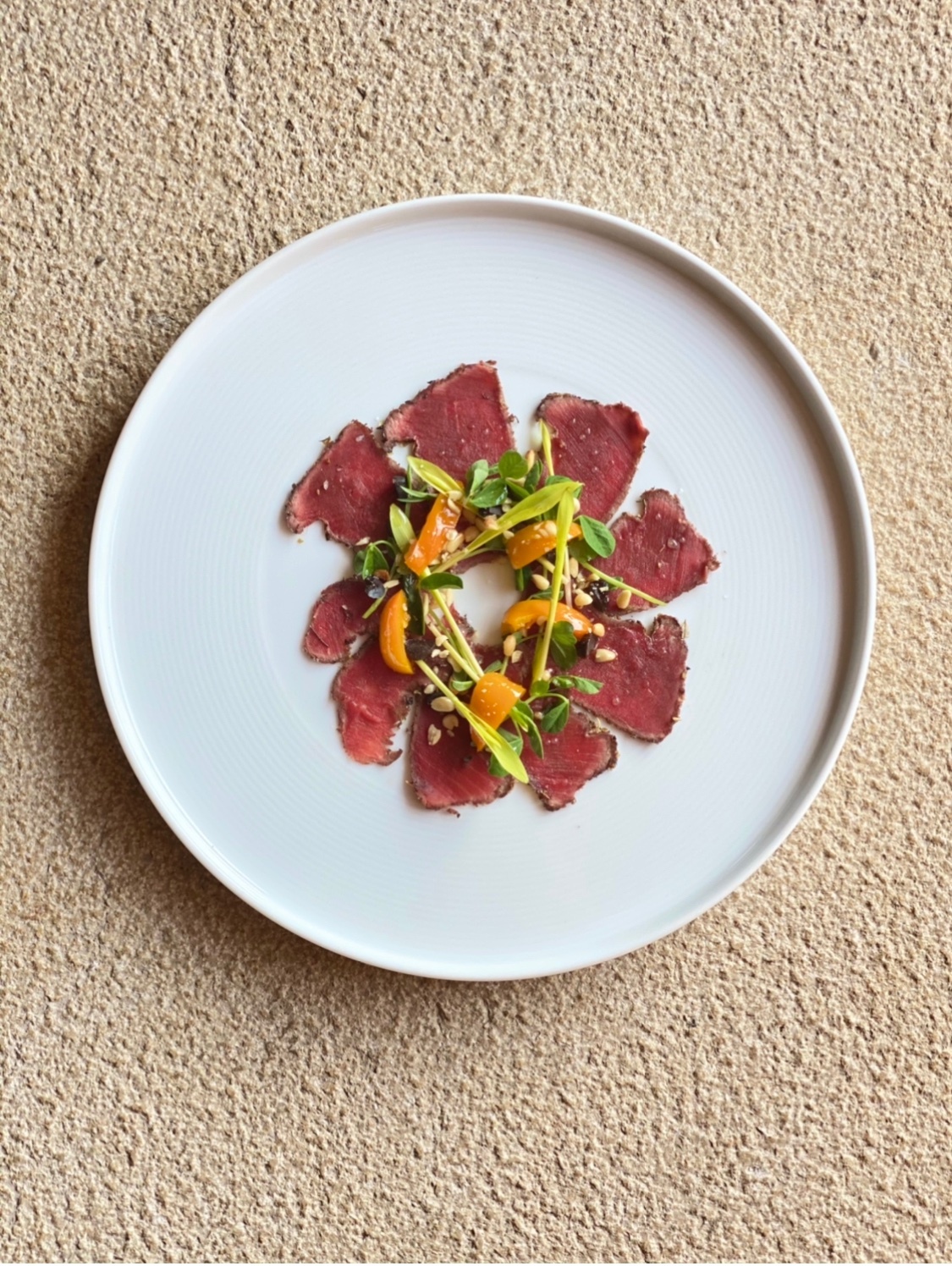
As many of you may know, Vertical Harvest is a business dedicated to impact. As we develop plans for our expansion, we seek out strategic partnerships to cultivate and enhance the impact our model of farming can have on communities.
I’m thrilled to say that last year, we completed a feasibility study to co-locate vertical farms with affordable housing. The results are nothing short of potential paradigm shift in the way we grow food for urban food deserts. Our model outlines a new way forward for enhancing community through innovation. We studied in detail how two such projects would work in two Chicago sites prime for new ways to increase health and wellness.
A Robust, Holistic Model
Funded by a contract award from Fannie Mae, and in collaboration with National Affordable Housing Trust Mercy Lakefront Housing, and GYDE Architects the study explores the development of a robust, holistic model to address healthy housing and food system inequities. It also explores ways to create a source for consistent, meaningful employment for underserved populations — something we know a lot about.
The study results present a business case to co-locate Vertical Farms and Affordable Housing. It successfully 1). quantifies the positive impacts on the low and moderate income residents and broader community 2). confirms financial and operational feasibility 3). explores a variety of funding mechanisms to support co-location 4). further develops an employment model that serves under-served populations and 5). explores securing commitment from developers and investors.
Working on a Paradigm Shift
Addressing housing, good food and job creation at a commercial scale, the study essentially writes a holistic prescription for empowered, healthy, sustainable, and connected communities across the nation.
You can read the full study here.
So what’s next?
In order to have substantial impact, our plan requires policy change, private and public financial support, and guidelines to create an integrated future that includes both healthy housing and food. We are partnering with local stakeholders to make this a reality.
We are working on it. Stay tuned.





